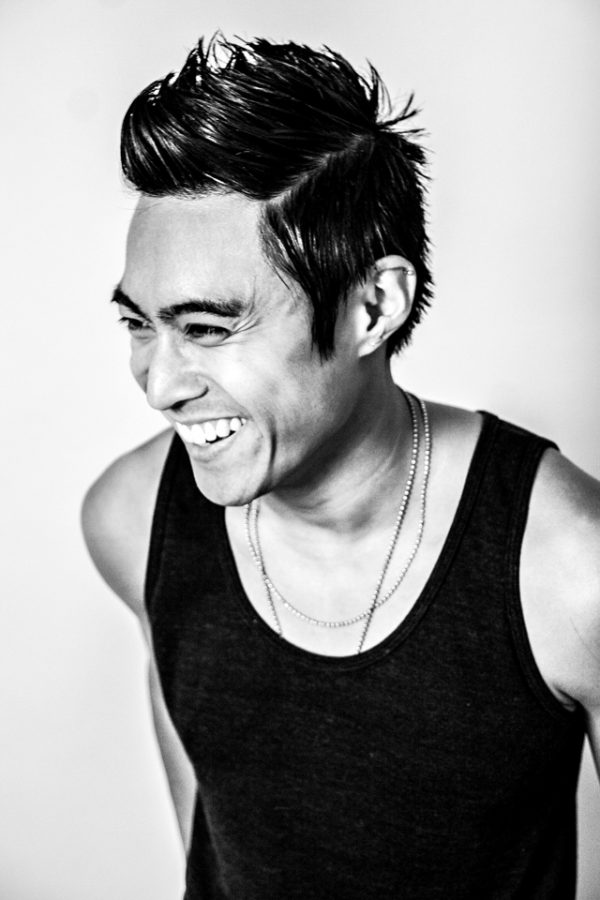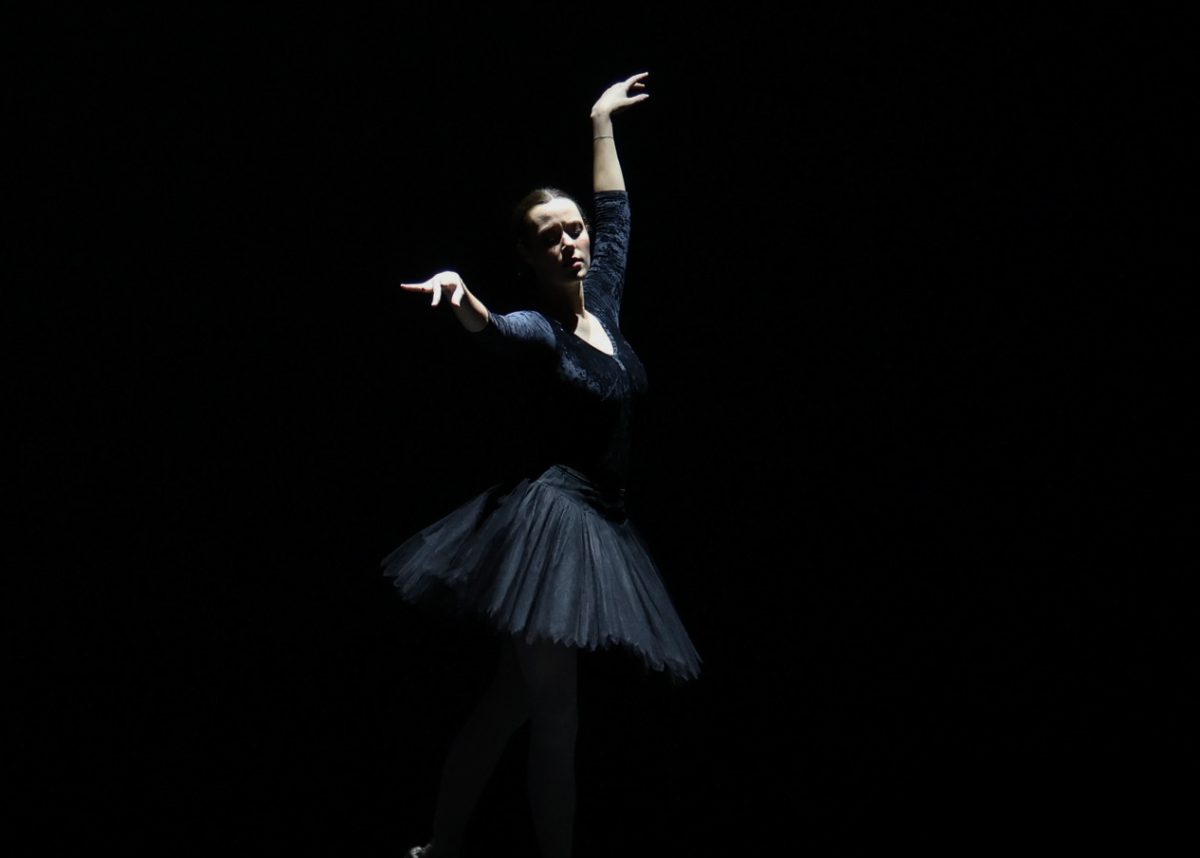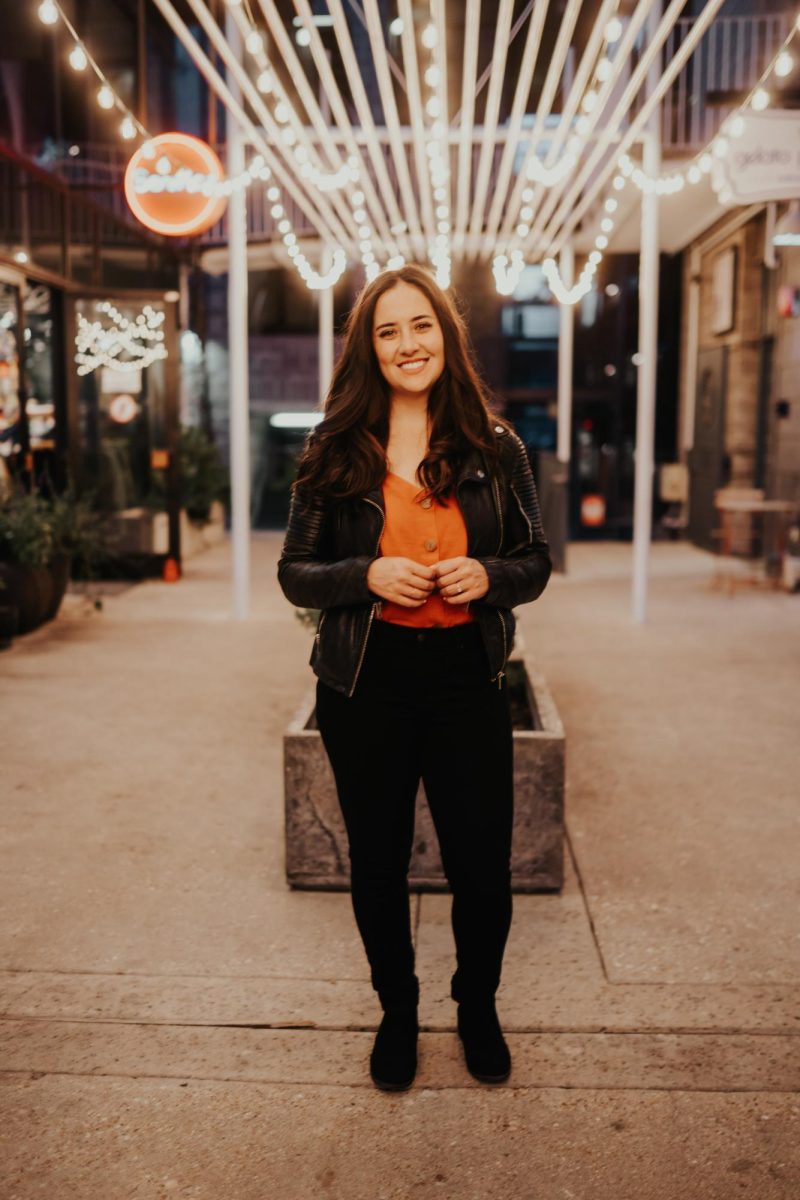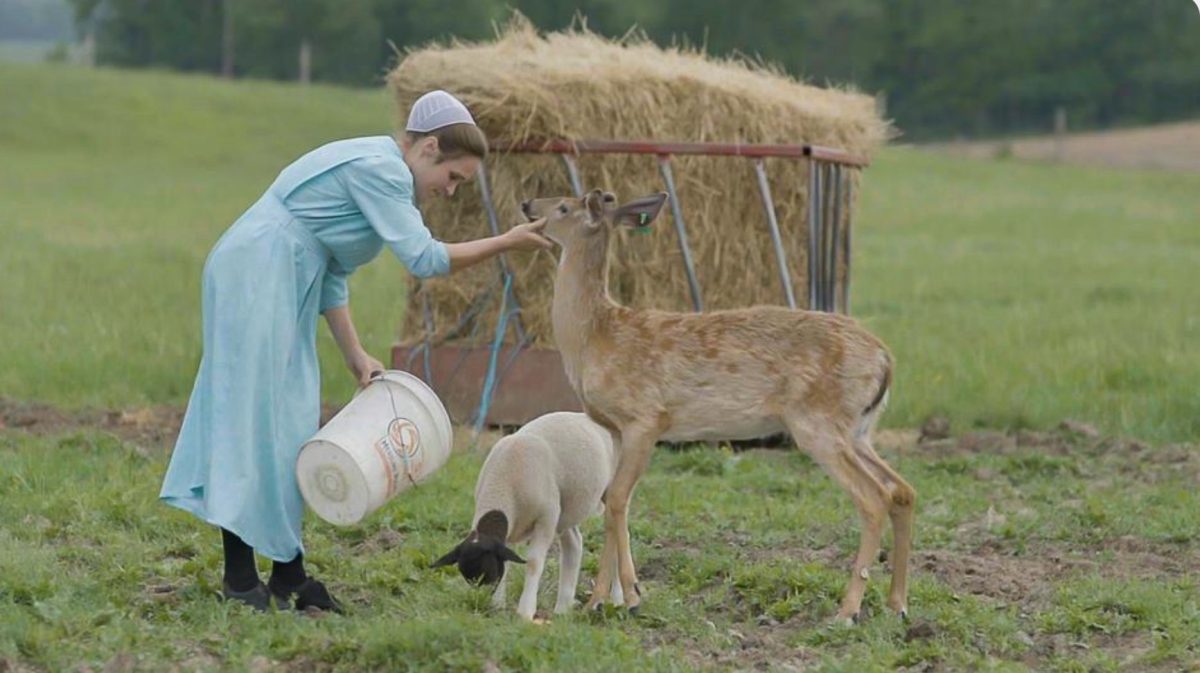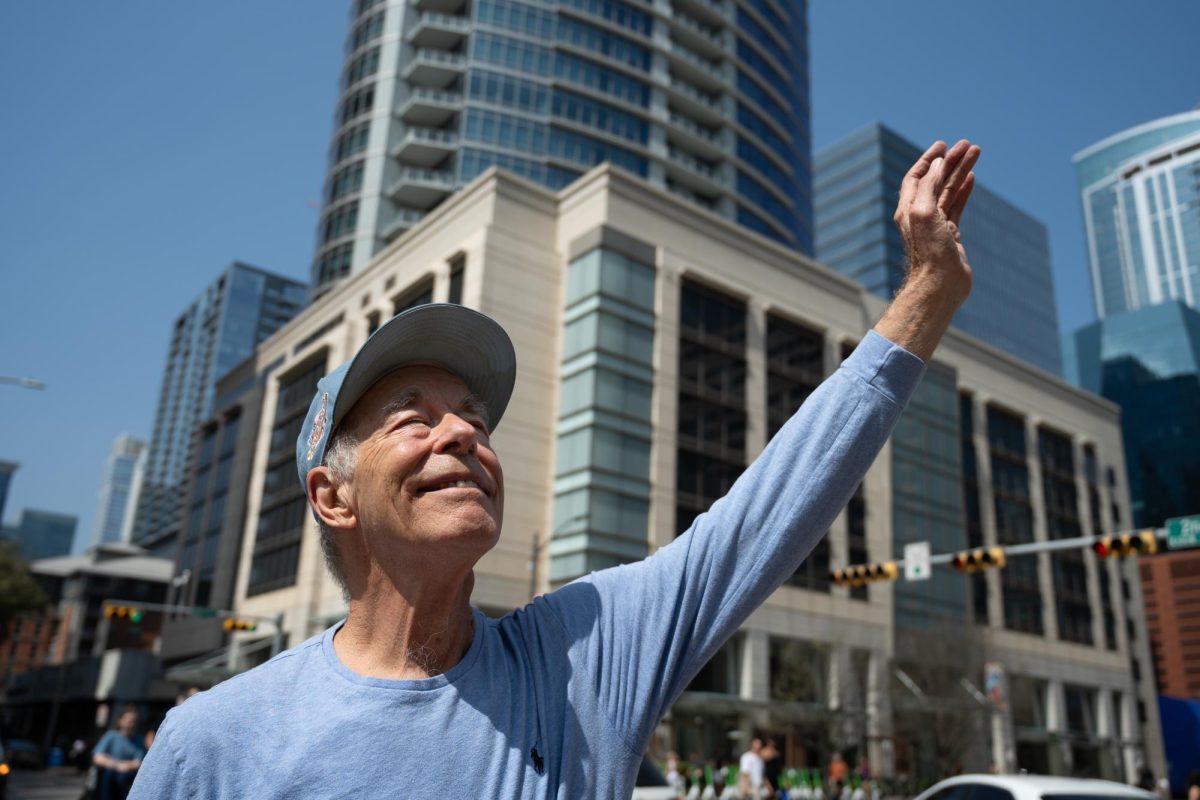One of the first scenes in UT alumnus PJ Raval’s documentary is neither uncommon nor seemingly exciting: a retired gay senior, Dennis, gives a tour of his home.
But then Dennis lingers at his closet and pulls out bright pink heels. “I started out buying underwear,” he explains. “Later, I started wearing dresses and stuff.”
Raval said people were initially shocked when he explained that his film “Before You Know It” traces the lives of three gay seniors. However, he believes it is not the only surprising thing about the film, which will premiere at South By Southwest.
“A lot of viewers will be surprised that they have a lot more in common with these characters than they would think at first,” Raval said. “It really is about aging and just the aging process being a universal experience. Everyone will get older and it doesn’t matter who you are, what’s your sexual orientation, your sexual identity, gender identity, doesn’t matter if you’re rich or poor, black or white — everyone is
going to get older.”
Once Raval noticed that compared to LGBT youth, there is little support for gay senior communities, he researched and found statistics that said that LGBT seniors are twice as likely as other seniors to live alone. He then decided to connect faces to the statistics and explore the topic for himself.
“Society tends to desexualize seniors [and] they’re a very much invisible community,” Raval said. “What’s really interesting about saying ‘gay senior’ is that just by saying ‘gay,’ you’re identifying a person based on their sexuality. So in a way, saying ‘gay senior,’ the two terms are almost at odds with
each other.”
Raval is uninterested in highlighting social issues in his films because he wants the viewer to discover and experience them like the character does. He realized that each of the characters in his documentary represents different stages of life, and he sees an aspect of himself in all of them.
Ty Martin, one of the seniors Raval traces in his documentary, believes that seniors in general are a joke to many people, especially when they try to converse.
“Ageism kicks in. [People think,] ‘What is he talking about? Maybe he’s senile?’ So we get a bad rap,” Martin said. “It’s just as ridiculous as seniors looking at young people and thinking they’re all silly or not smart, which is not true. If you have a conversation with anybody, you will really see that they’re a real person.”
Sara Giustini, producer and UT alumna, said that she loves that the piece, at its heart, is character-driven and it doesn’t touch on LGBT issues. However, she believes it will shed light on and give a voice to the people who don’t belong.
The idea of finding community and a place to belong resonated with Giustini the most. Raval agrees and hopes that viewers will keep in mind that caring for the elderly is a community effort. Although he said it is selfish, the film makes him feel better about aging by seeing the three age their own way.
“One of the things that I admire about all of these characters is that if they are in a position where they don’t have community, they’re at least trying to create them,” Raval said

